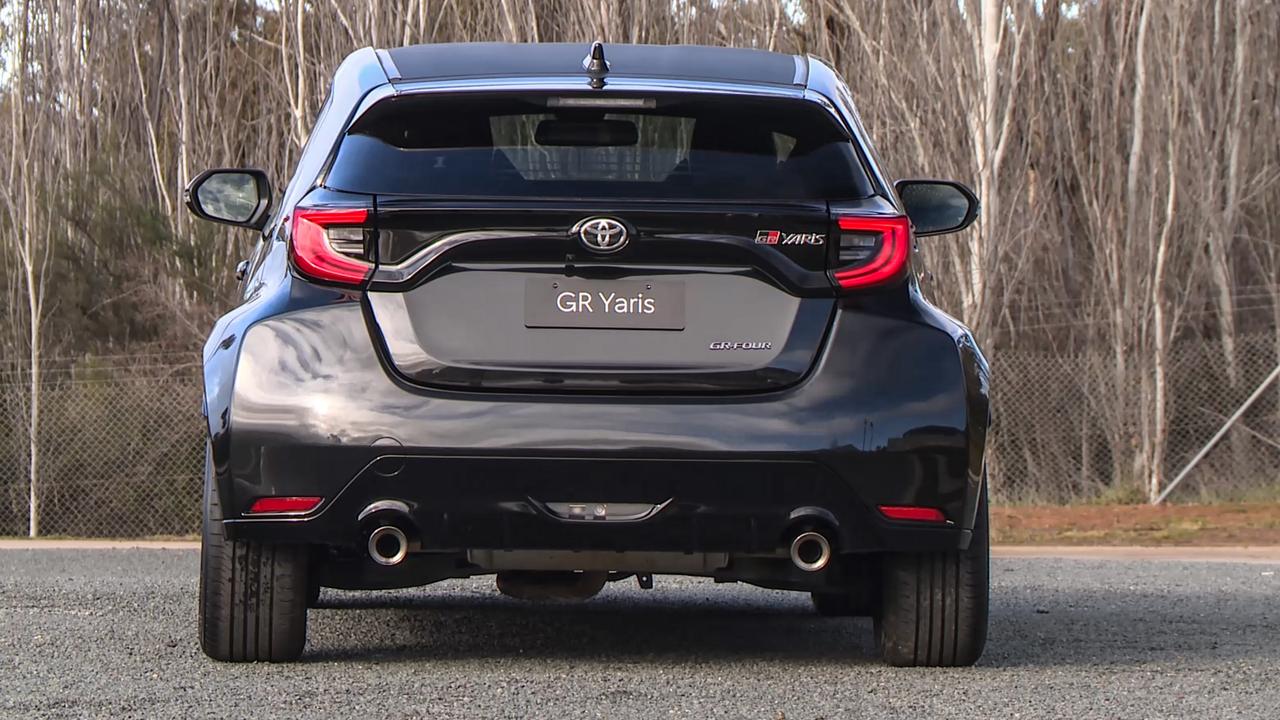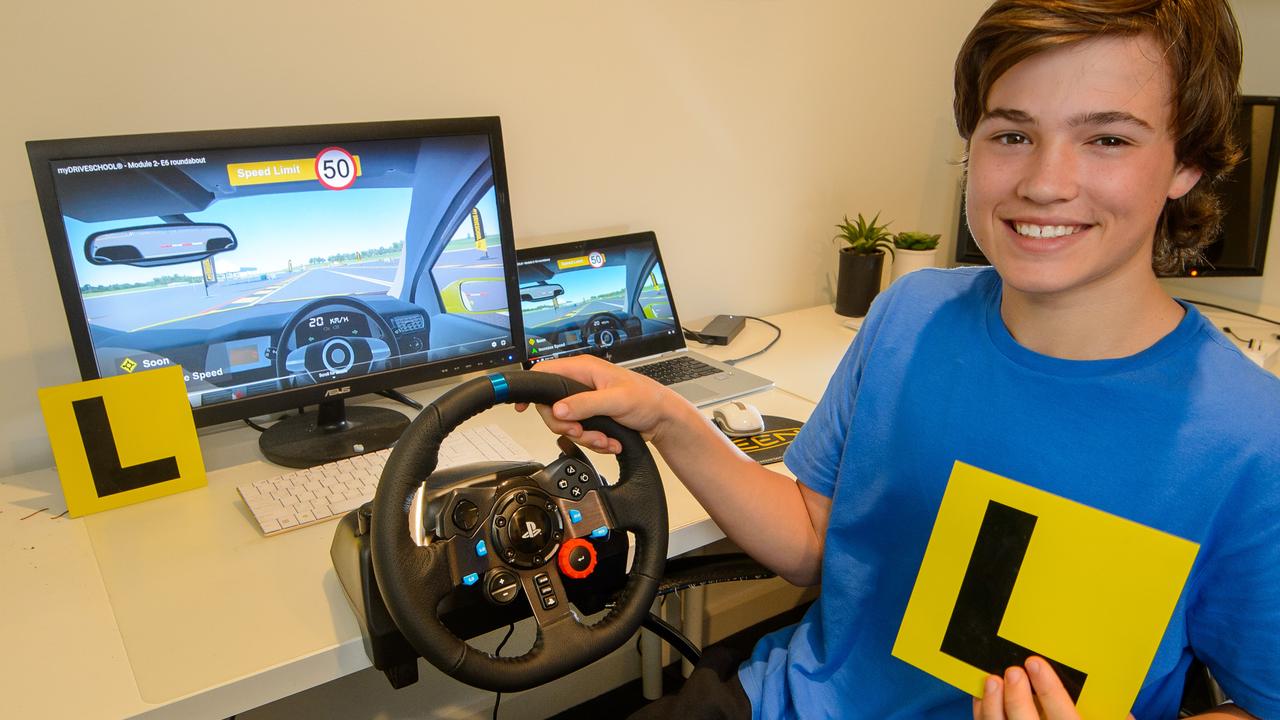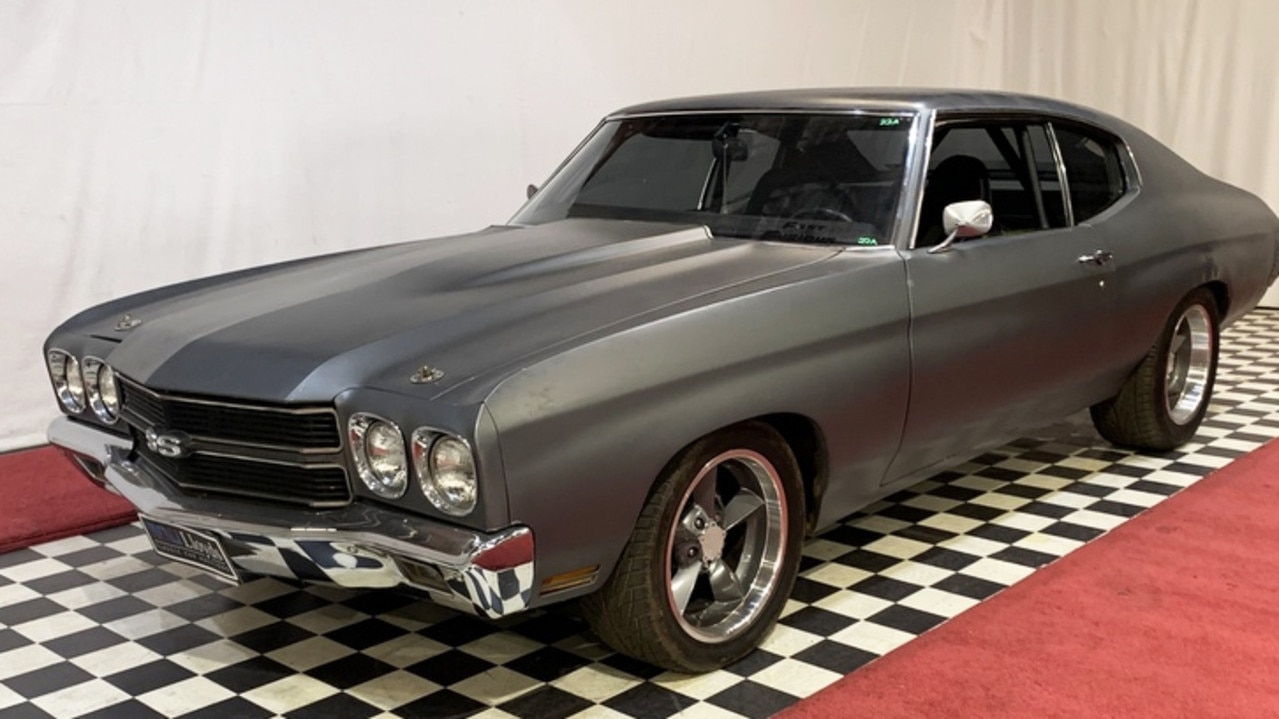Half of all dealerships gone in seven years as EVs change industry: global report
Electric vehicles promise an exciting new future for car buyers — the news isn’t so good for dealers.

Electric vehicles and on-demand mobility services will send up to half of traditional bricks-and-mortar car dealerships out of business in the next seven years.
The prediction is made by consulting giant KPMG in its annual global executive survey, based on interviews with more than 900 car company executives and 2000 customers.
That global prediction doesn’t apply here, according to the Australian Automotive Dealer Association. Chief executive David Blackhall says the assumptions underlining the report aren’t relevant in Australia, especially the pace of electric vehicle take-up.
“The key plank they’ve overlooked, though, is the emotional relationship customers have with the car and — if they’re any good — with the person who sells them a car. You can’t get that online,” Blackhall says.
“There’s no doubt dealerships will change in scale and the services they provide and some will even be culled, but I think the survey predicts a dystopian future that’s not applicable in Australia in that time frame.”
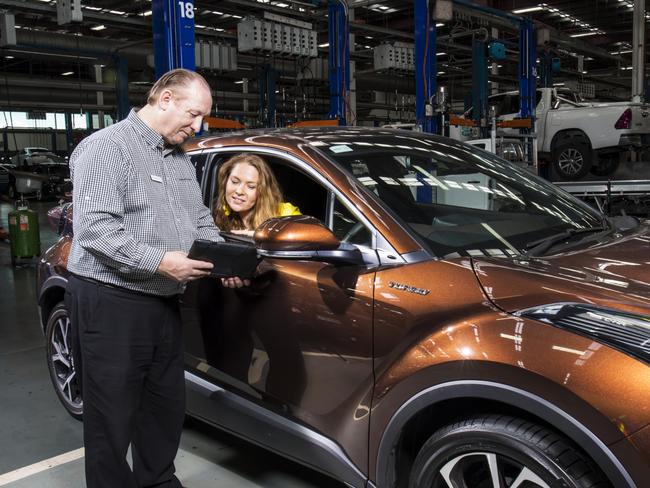
The KPMG survey says those dealerships that do survive will transform from selling products to selling customer experiences.
The report notes that: “for traditional retail outlets to survive, they must secure their role in the ecosystem and ensure efficiency by becoming universal service factories … alternatively, another scenario could be conversion into used car hubs”.
Executives believe customers will increasingly buy their car online _ potentially directly from the car manufacturer _ or use on-demand mobility services, which eliminates the need for private car ownership. Carmakers likewise, will have to adapt from a business-to-customer model to a business-to-business platform where they are selling fleets of vehicles to mobility service providers.
KPMG’s Australian motor industry spokesman, Wayne Pearson, says the trend is being driven by electric vehicles.
“With over 10,000 moving parts, the internal combustion engine is complex and requires constant and highly technical and expensive maintenance. Historically, this has led to the advent of the local dealership model, as dealers managed the vehicle ownership relationship from sales through to service,” Pearson says.
“The new powertrain technologies have substantially fewer moving parts and as the vehicles of the future will be more software driven than mechanical, this eliminates the need for expensive and specialised servicing.
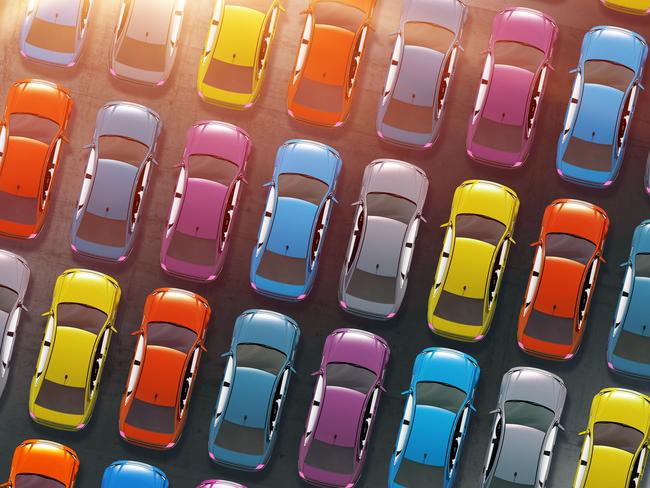
“This means that car dealerships will be forced to close as a result of technological change. Nevertheless, cars will still need to be sold, customers will still seek out the experience of buying one and existing ICE vehicles will still be with us for many years to come.”
Fuel cells are this year’s big news on the electric vehicle front but the report says 77 per cent of executives believe “internal combustion engines will remain the most important powertrain technology for a very long time”, though downsized engines and hybrid versions will be necessary to meet CO2 targets.
“The rollout and implementation of electric drivetrains will be a long-term process that will evolve at different speeds globally, depending on market maturity, economic wealth, regulations and also government and lobbyist interests. This makes continuous investment in downsizing ICEs a necessary success strategy, especially for global automotive players,” the survey states.
Connectivity and data are the other key issues confronting carmakers and customers. The report notes that carmakers have yet to accept the customer data is already claimed _ and monetised _ by the big IT firms and suggest mining the vehicle data to improve both customer services (on the basis of analysing how many people are using a feature and in what way) and vehicle safety and performance.

